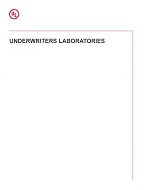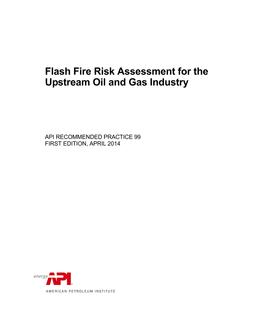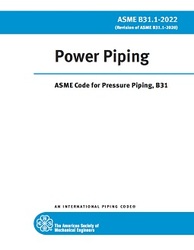
UL 62093 PDF
Original price was: $422.00.$253.00Current price is: $253.00.
Balance-of-System Components for Photovoltaic Systems – Design Qualification Natural Environments
| Published by | Publication Date | Number of Pages |
| UL | 02/24/2017 | 0 |
UL 62093 – Balance-of-System Components for Photovoltaic Systems – Design Qualification Natural Environments
Please note: All interim revisions for this edition available at time of your purchase will be included.
Scope and object
This International Standard establishes requirements for the design qualification of balance-of-system (BOS) components used in terrestrial photovoltaic (PV) systems. This standard is suitable for operation in indoor, conditioned or unconditioned; or outdoor in general open-air climates as defined in IEC 60721-2-1, protected or unprotected. It is written for dedicated solar components such as batteries, inverters, charge controllers, system diode packages, heat sinks, surge protectors, system junction boxes, maximum power point tracking devices and switch gear, but may be applicable to other BOS system components.
This standard is based on that which is specified in IEC 61215 and IEC 61646 for the design qualification of PV modules. However, changes have been made to account for the special features of the balance-of-system components, and to add different levels of severity for the different service environments. Dust, fungus, insects, shipping vibration and shock, and protection class have been added to the appropriate environmental categories. The high and low temperature and humidity limits have also been modified for the appropriate service environments.
This standard does not apply to photovoltaic modules. These are covered by IEC 61215 or IEC 61646. Also, this standard does not apply to concentrator modules or to complete PV systems. Specific electrical safety aspects are not part of this standard.
This standard is applicable to lead-acid and nickel-cadmium cells and batteries. Other electrochemical storage systems will be included when they become available.
The object of this test sequence is to determine the performance characteristics of each BOS components and to show, as far as possible within reasonable constraints of cost and time, that the component is capable of maintaining this performance after exposure to the simulated service natural environmental conditions for which it is intended to be applicable as specified by the manufacturer. The actual life expectancy of components so qualified will depend on their design, their environment and the system conditions under which they are operated.
Product Details
- Edition:
- 1
- Published:
- 02/24/2017
- Note:
- This product is unavailable in Ukraine, Russia, Belarus




